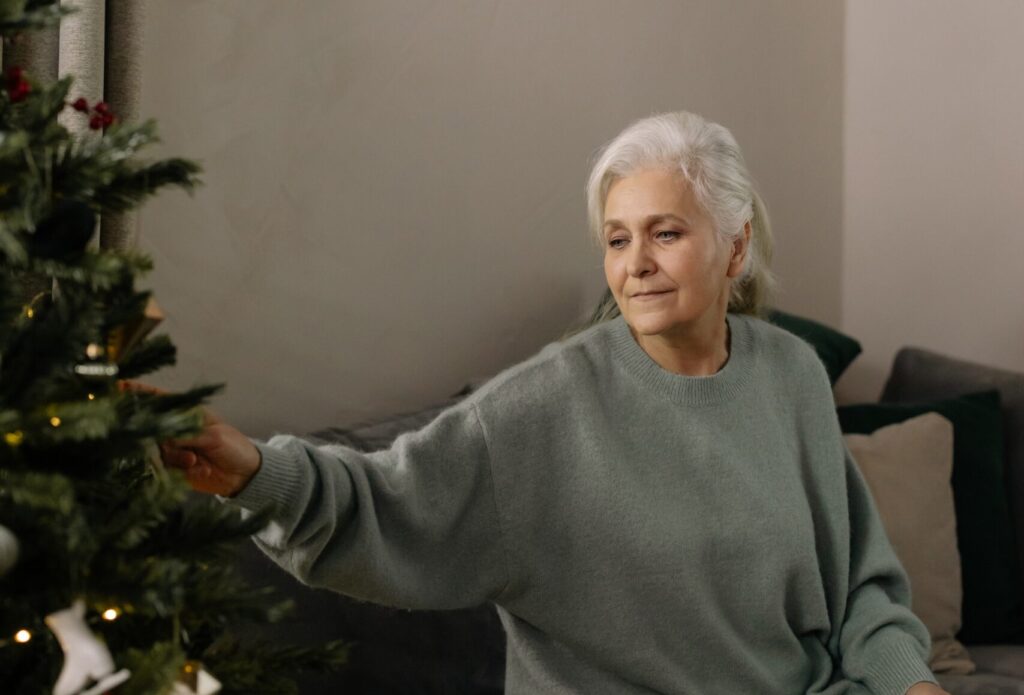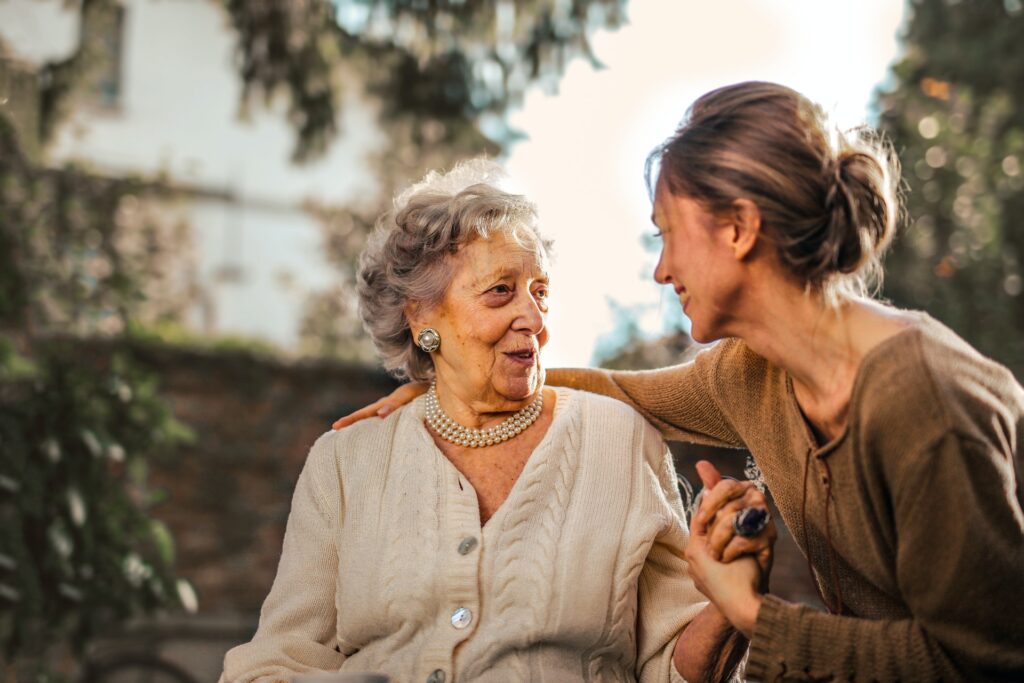Posted December 15th 2021
Everyone feels festive for Christmas… Right?
Christmas is the time of year where family and friends get together to relax, spread joy, and maybe overindulge in food and alcohol a bit.
But some individuals, who have fewer family and friends and are struggling with a mental illness, dread the winter months – including Christmas.
Christmas can also feel like a lot of pressure to enjoy time with your family as the media bombards us with the ideal “perfect Christmas” but no family is perfect!
For a time of year that is supposed to be merry, Christmas can be very overwhelming.
The impact of COVID-19 on loneliness
COVID-19 restrictions exacerbated some people’s feelings of loneliness in 2020. Christmas last year was especially hard as many could not see any family due to the restrictions and wanting to keep vulnerable members of the family safe.
After a strange and somewhat lonely Christmas in 2020, we can only hope for a better one this year.
In 2018, before the pandemic, Age UK found that more than 530,000 people over 65 expect to feel lonely at Christmas, where many hadn’t seen or spoken to any family or friends for over a month.
Four out of five of these people had not reached out for help.

Tips to stay connected at Christmas
Every individual circumstance is different and not everyone will be able to use these tips, but I encourage people to try according to their own situation.
1 Social media and the internet
It’s vital to stay connected to loved ones where possible.
The internet is great for this, especially when seeing family and friends in person is not an option.
Calling people is the next best thing to seeing them and it’s relatively easy to call on the phone or by video.
This can be done through lots of different platforms including Zoom, Google Meets, FaceTime, WhatsApp, Facebook Messenger and Microsoft Teams.
Whatever your preference, a video call can make a world of difference.

2 Get to know your neighbours
Getting to know new people can be scary at first but great friendships have to start somewhere…
If you live next door to someone, perhaps reach out and ask if they wanted to meet. What’s the worst thing that could happen?
3 Volunteer
Immersing yourself into the community is a great way to meet new people and explore new interests.
Volunteering is a great way to feel good about yourself as you are helping other individuals as well as the community.
If this appeals to you and you have the time, popping ‘volunteering work’ into your search engine can bring up a number of opportunities in your local community – go for it!

4 Join a club or start a sport
You’re never too old to join a club or a sports team and this can be very beneficial.
Whether the club is online or in-person it’s still interacting with others while doing something new that you enjoy.
Taking part in sport of some kind is a great way to stay healthy.
From personal experience, swimming and yoga really helped my mental health and helped me keep a routine.
A sport could be anything of your choice: from walking or yoga to playing football in a team.
Staying active is so beneficial. It’s known to release feel-good endorphins and can help with depression.
5 Get a carer
If you’re worried about an elderly relative being too lonely, perhaps hire a carer for them. This could help improve their mental health and help them to become more sociable.
A carer will also look after them and make sure their physical health and cleanliness are good.
6 Make sure to still go out, even by yourself
It’s always important to go outside, the worst thing to do is to stay cooped-up in the house.
However, going out doesn’t have to be a ten-mile hike every day. A small walk is enough to get some fresh air and a change of scenery.
You could also go out for a meal or to the cinema, and it doesn’t matter whether you do this alone or with others.

7 Still cook!
Food is one of the best parts of Christmas, in my opinion, and just because you’re alone it doesn’t mean you can’t have amazing food.
Cook yourself a festive feast and make it your very own. Use ingredients that you love so you can bake and cook your favourite things.
Cooking and baking can be mindful activities and can help with stress. Not only does it look good, but it also smells amazing!
8 Have some ‘me time’ to treat yourself
Being alone at Christmas is sometimes unavoidable. If this is the case for you, try to embrace it.
You can plan days ahead which are full of your favourite things to do, such as watching your favourite Christmas films or dancing to Christmas music.
You can also cook and eat whatever you like without anyone squabbling over who gets the last sweet treat or what TV show to watch.
9 Speak to someone
People should never have to struggle alone. If you’re struggling with your mental health speak to someone about how you’re feeling.
Speak to your GP if this is possible, if not, there are charities that offer support:
It’s important to remember that being alone on Christmas is okay, it doesn’t reflect anything negative about you as a person.
And while many people feel lonely at Christmas, this feeling can stay all year-round. However, Christmas is also a fantastic time of year to connect with others and the whole community.
I hope you all have a Merry Christmas!
Read more
- Age UK | Christmas loneliness statistics
- Mayo Clinic | Depression and anxiety: Exercise eases symptoms
- NCMH blog | What can we do to prevent loneliness?
- NCMH blog | You’re not alone in feeling lonely
- NCMH blog | Mental health at Christmas: Loneliness
- NCMG blog | Christmas and COVID-19: looking after our mental health
Sign up now and receive new blog posts to your inbox.
